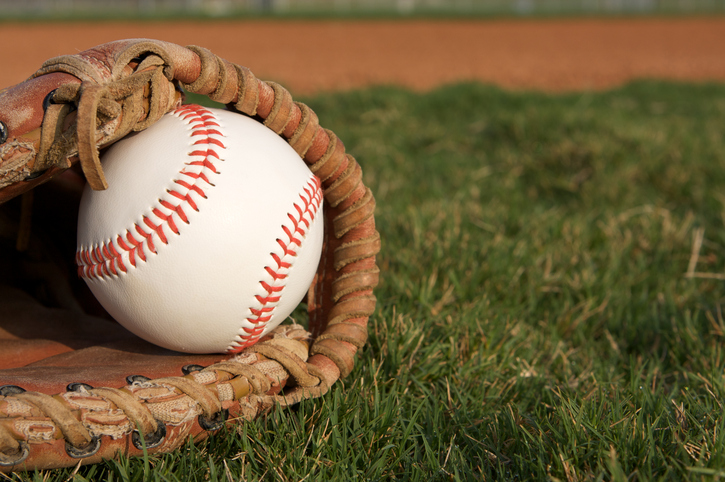The U.S. Supreme Court recently refused to hear two appeals to Major League Baseball’s antitrust exemption, which has been intact since the early 20th century. Why was it deemed exempt in the first place, and why does it still stand?
As Slate outlines, in 1922, in Federal Baseball Club of Baltimore v. National League, the Supreme Court ruled against the Federal League’s Baltimore Terrapins. The team had sued the MLB in 1915 for allegedly cornering the players’ market and violating the Sherman Antitrust Act. Per Slate:
“Justice Oliver Wendell Holmes wrote that ‘personal effort, not related to production, is not a subject of commerce and that baseball therefore wasn’t subject to federal regulation.”
Bloomberg reports that the Court’s dual decisions in June “leave intact a line of Supreme Court rulings, dating from 1922 to 1972, that largely insulate the business side of baseball from antitrust lawsuits.”
The two June cases brought forth against the MLB involve scouting and property. In one case, Wyckoff v. Office of Commissioner of Baseball, two scouts claimed that all 30 of the MLB’s teams colluded to suppress wages. In the other case, Right Field Rooftops v. Chicago Cubs Baseball, property owners claimed that the Chicago Cubs and owner Tom Ricketts blocked some rooftop views of Wrigley Field, therefore violating their rights. Bloomberg notes that the Cubs have been “fighting the rooftop businesses” for the last 15 years.
These businesses claimed that the league’s antitrust exemption is now without purpose and has the potential for abuse. If anyone is to change their exemption status, argued the league and its teams in court, it could only be Congress.
The lower courts found in favor of the MLB in both cases, and the organization asked SCOTUS not to intervene, which it did not. Or, was it poised to?
Fangraphs laid out its very interesting speculation on why the Court rescheduled its deliberations on both cases three times.
“Although it wasn’t immediately clear why the Court was repeatedly postponing its consideration of the two appeals, this rather unusual delay raised the possibility that several of the justices were potentially interested in reconsidering baseball’s controversial antitrust exemption.”
While the Court ultimately refused to hear both cases, and also did not disclose why, Fangraphs report points out that it did note that Chief Justice Roberts recused himself from any consideration of the appeal in Wyckoff v. Office of Commissioner of Baseball. The website offered more interesting speculation:
“[I]t’s possible that the Court’s remaining eight justices were split four-to-four as to whether to take the Wyckoff case. While it normally only requires four votes for the Court to hear an appeal, if the justices had remained equally divided after the case had been fully argued, then the tied vote would have resulted in the affirmation of the lower court’s decision.”
There have been earlier cases challenging the exemption, states Fangraphs. The two recent cases seemed like an “ideal opportunity” for the Court to once again examine the exemption. Their refusal most likely doesn’t bode well for future legal challenges.




